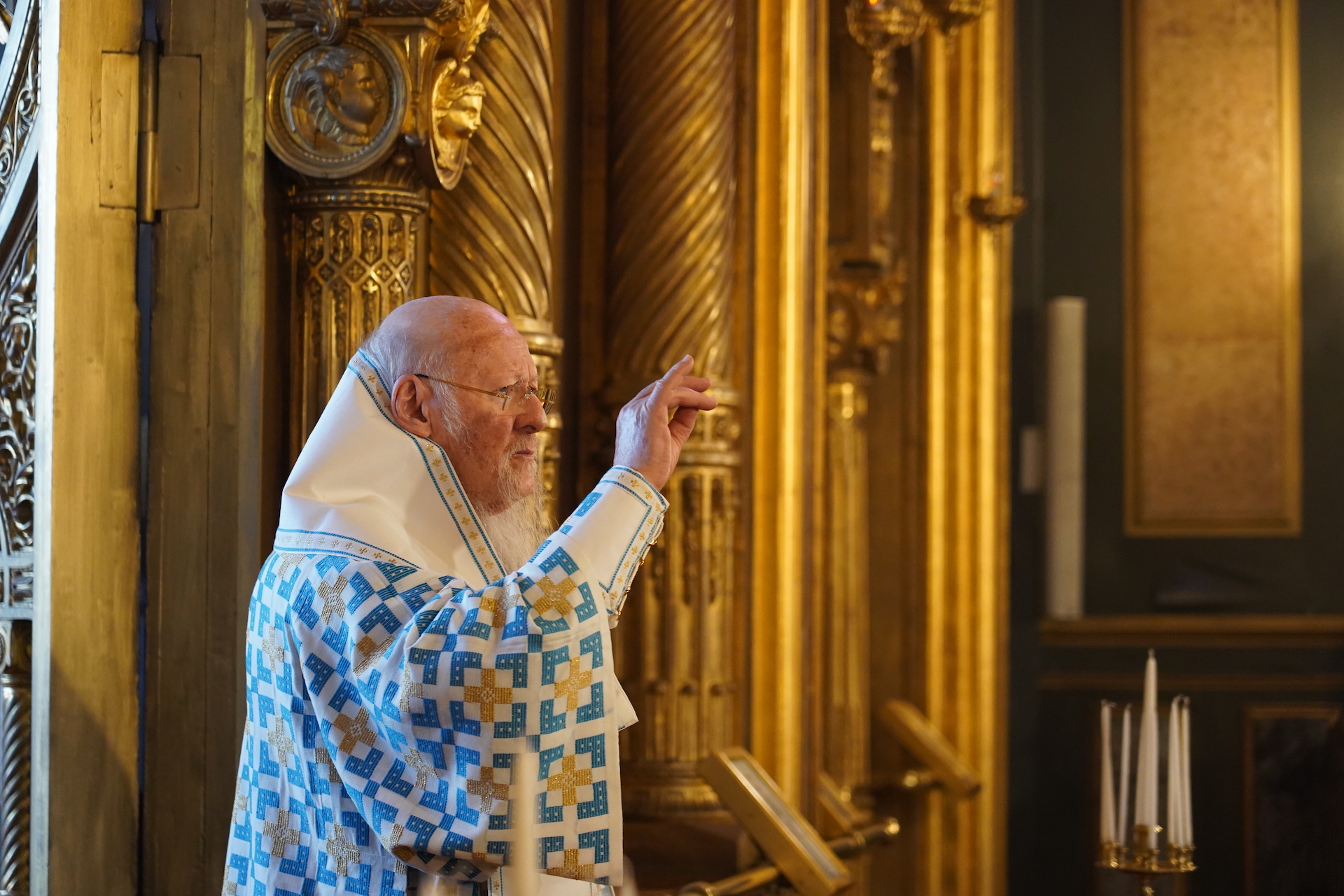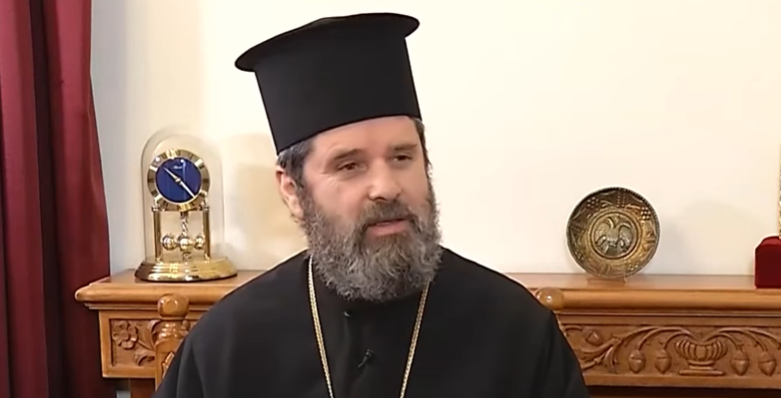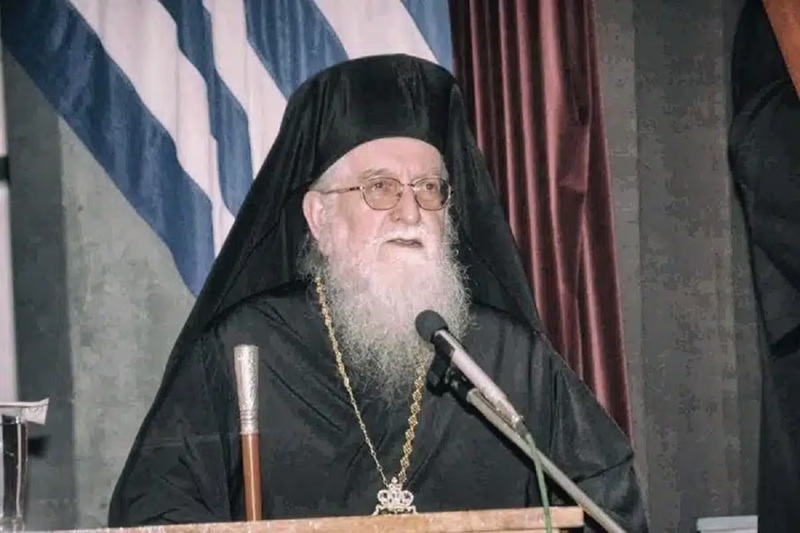Ecumenical Patriarch Bartholomew: Introversion has never been a characteristic of the Orthodox Church

His All-Holiness Ecumenical Patriarch Bartholomew, on Friday, 27 December 2024, the feast day of Saint Stephanos the First Martyr and Archdeacon, presided over the Divine Liturgy at the Church of the Bulgarian-speaking Orthodox Community of Constantinople in Balat.
The elaborate iron church, following the restoration of communion with the Bulgarian nation by the Ecumenical Patriarchate in 1945, has since been under the spiritual and canonical jurisdiction of the Mother Church of Constantinople.
In his homily, the Ecumenical Patriarch spoke about the importance of martyrdom in the life of the Church.
The Ecumenical Patriarch then highlighted two significant anniversaries that the Church will commemorate in 2025.
“In 2025, the Orthodox Church and world Christianity will commemorate the 1,700th anniversary of the convocation of the First Ecumenical Council in Nicaea. This Synod, a decisive milestone in the development of ecclesiastical affairs, also serves as a dynamic expression of the ‘primordial conciliarity’ of the Church.”
And the Ecumenical Patriarch continued:
“In this sense, the anniversary engagement of the Christian world with the First Ecumenical Council is not merely a reference to the past. The ‘spirit of Nicaea,’ which underpins all subsequent Ecumenical Councils and permeates ecclesiastical life in all its manifestations, reflects its profound depth.
It recalls the journey of the undivided Church and common Christian archetypes, while also serving as an impetus for practically demonstrating the value of proper conciliarity for the present and future of the Christian world.
The life of the Orthodox Church encompasses and embodies the values and principles that have shaped the identity of Orthodox peoples, defined their historical journey, and serve as a guarantee for their future. Orthodoxy is a custodian of an invaluable tradition of faith and philanthropy, embodying an unbroken connection between devotion to God and love for one’s fellow man.
It offers a vision of life and freedom, fosters a spirit of community, and cultivates a culture of solidarity with a universal scope. Introversion and closeness have never been characteristic of the Orthodox Church throughout its history. Indifference to history and culture does not align with the theologically correct understanding of the Church’s “not of the world” character.
Alongside this ecumenical spirit, the tradition of the Holy Great Church of Christ embraces respect for the unique cultures and characteristics of different peoples. It upholds the belief that faith unites and transcends cultural differences, which, rather than being obstacles to peaceful coexistence, can serve as a means for fruitful intercultural communication and cooperation.”
In his speech, the Ecumenical Patriarch warmly welcomed Bishop Tikhon of Tiberioupolis, the representative of the Primate of the Bulgarian Orthodox Church. He asked him to convey to Patriarch Daniel of Bulgaria—whom they look forward to welcoming to the Holy Centre of Orthodoxy—their brotherly greetings and festive wishes.
He expressed his gratitude to the Hierarchical Head of the Community, Archimandrite Charalambos Nichev of the Ecumenical Throne, “who carries out his spiritual work with empathy, zeal, and dynamism,” as well as to the President of the Community Committee, Archon of the Great Church of Christ, Dimitrios Yotev, and all its members for their harmonious cooperation and valuable contributions.
Earlier, Archimandrite Charalambos Nichev addressed the Ecumenical Patriarch with heartfelt and sincere words.
The Consuls General of Bulgaria, Vasil Valchev in Constantinople and Radoslava Kafedjiska in Adrianople, along with members of the Bulgarian-speaking Community of Constantinople and pilgrims from Bulgaria, attended the service.
Source: orthodoxtimes.com
File Photo




